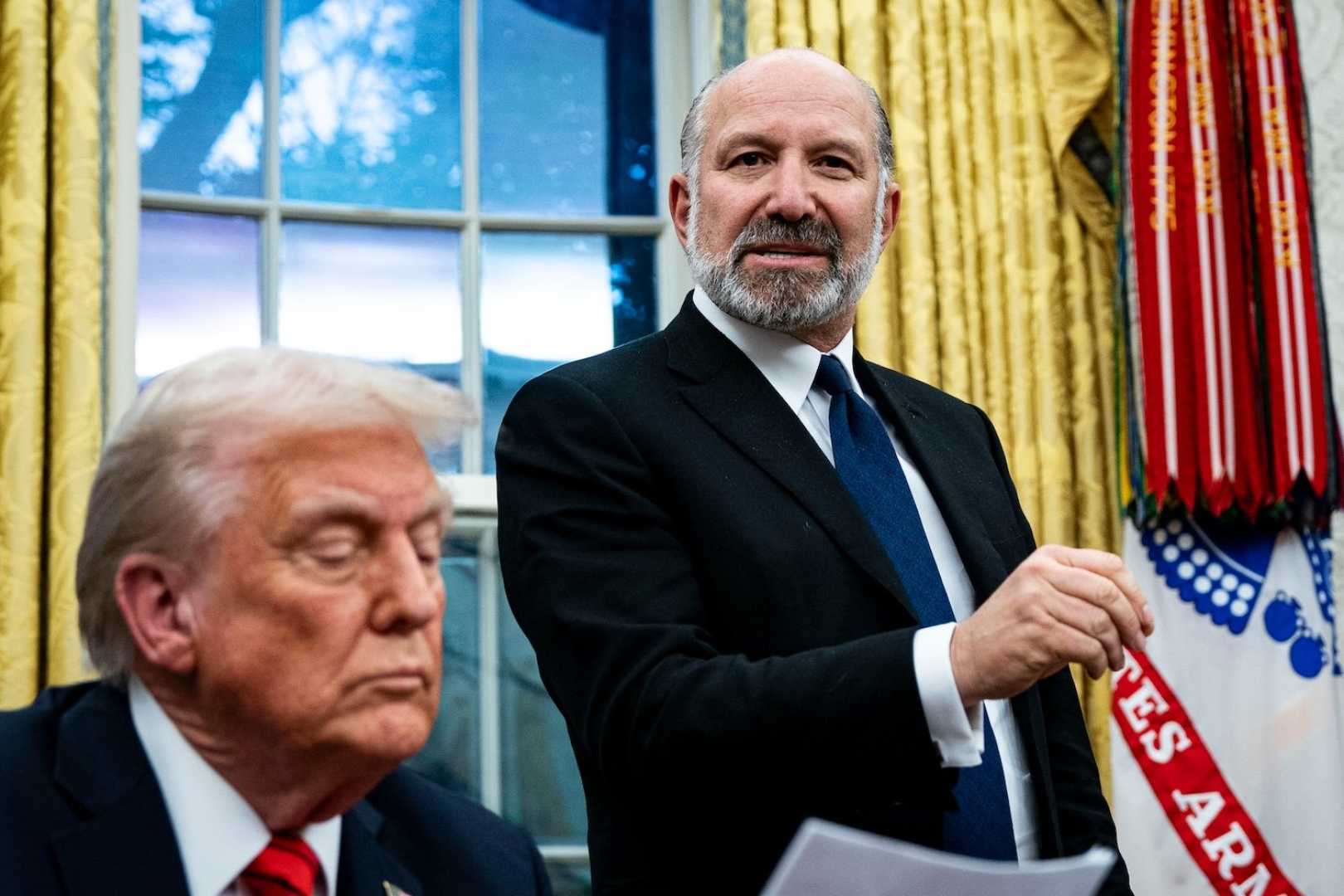Business
U.S. Considering Equity Stakes in Intel and Other Chipmakers

WASHINGTON, Aug 19 (Reuters) – U.S. Commerce Secretary Howard Lutnick is exploring the possibility of the government taking equity stakes in Intel and other semiconductor companies in exchange for cash grants under the CHIPS Act. This initiative aims to strengthen U.S. chip manufacturing, which is vital for national security and economic growth.
On Tuesday, Lutnick revealed this plan during discussions that include Treasury Secretary Scott Bessent. The proposal suggests that the government could seek a 10% stake in Intel, potentially making it the chipmaker’s largest shareholder.
The Trump administration previously made unconventional agreements with companies, including allowing Nvidia to sell chips to China while collecting a percentage of those sales. Critics of government intervention have raised concerns about the risks associated with equity stakes, highlighting potential impacts on taxpayer funds.
Currently, much of the funding under the CHIPS Act has not yet been allocated to firms like Micron, Taiwan Semiconductor Manufacturing Co. (TSMC), and Samsung. Both TSMC and Intel declined to comment on these matters.
Meanwhile, press secretary Karoline Leavitt confirmed that Lutnick is actively pursuing a deal with Intel. She stated, “The president wants to put America’s needs first, both from a national security and economic perspective.”
Lutnick has emphasized the need for a return on taxpayer investments, suggesting that the government’s stake would be non-voting, allowing companies to retain operational autonomy. Speaking on CNBC, he criticized previous administrations for providing funds without return.
In related news, SoftBank Group recently agreed to a $2 billion investment in Intel, which has faced challenges in the competitive semiconductor landscape.
As the U.S. government navigates its role in the semiconductor industry, it remains to be seen how these developments will impact foreign investments and the broader market.












